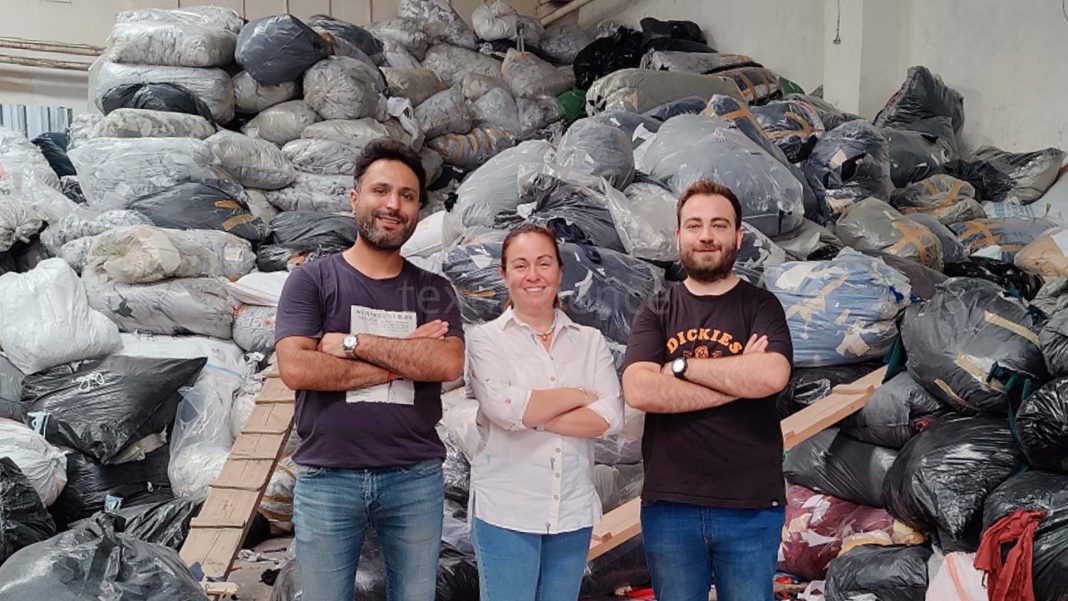Currently, only 15% of textile waste, which is 95% recyclable, is actually recycled. The rate of textile-to-textile recycling remains at just 1%. While global efforts on this issue are ongoing, there are also initiatives from Türkiye to make the recycling processes of textile waste more effective. The artificial intelligence-supported Swatchloop platform, developed to contribute to the reduction of the amount of waste in the sector, enables the tracking of textile waste and end-to-end management of recycling processes.
In a statement to AA, Textile Engineer Dr. Güneş Sayıt, co-founder of Swatchloop, said that 92 million tons of textile waste are generated annually worldwide. Due to low recycling rates following large-scale production, there is both a loss of raw materials and environmental damage caused by these wastes. Emphasizing the importance of separating waste at its source, Sayıt stated:
“Workers try to sort the mixed waste by hand, which is not a technical or accurate method. This results in significant labour loss and prolonged recycling times. Due to improper sorting, the waste does not go through the correct recycling process, resulting in inefficient and costly raw materials, which hinders reuse.”
Textile waste can be tracked in real time by all stakeholders
Güneş Sayıt noted that many efforts are being made to raise consumer awareness and increase circularity regarding the environmental burden of fast fashion. The European Union (EU) has even issued regulations on this matter. They developed a waste management platform to contribute to the circular economy, aiming to reduce the waste problem and its environmental impact. Sayıt explained the stages of the process on the platform:
“The platform ensures the classification of textile waste at its source and the creation of its digital twin in the system. The system identifies and quickly classifies the waste, creating a digital identity for it. With this digital identity, all stakeholders can track the waste in real time, including which collector picked it up, which recycling company it was taken to, the processes it underwent, and what it was transformed into. The platform provides waste management solutions and supports the circular economy.”
She stated that the platform digitizes the management process of all textile waste, offering producers and brands in the industry the opportunity to establish and manage a sustainable waste management chain. “We have a machine learning-based AI feature that we use to direct waste to the correct recycling process. We provide guidance to companies on which recycling process the waste should go through. We match waste with recycling companies. The system directs the company as ‘this is the recycler that will make the best use of your waste’ and thus directs it to a more efficient recycling process,” she said.
